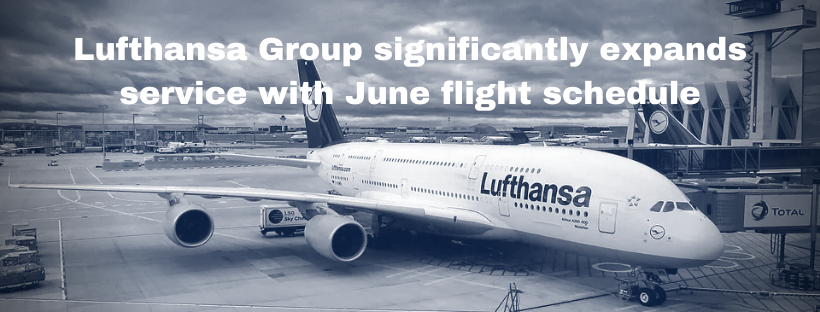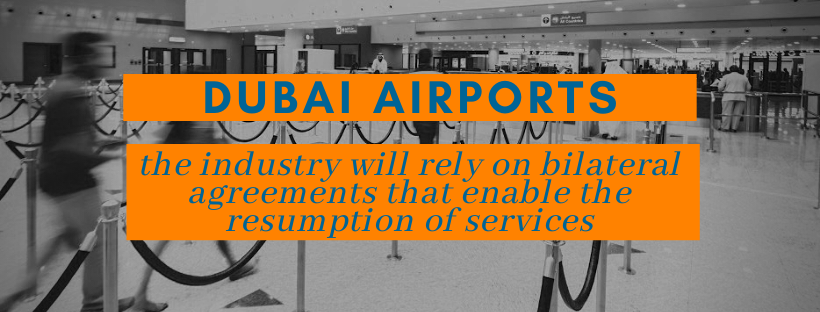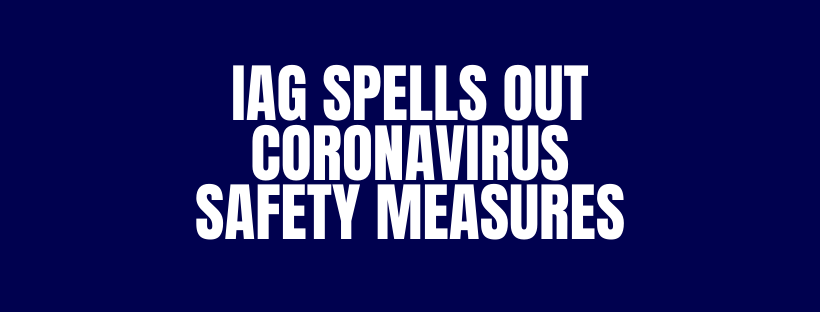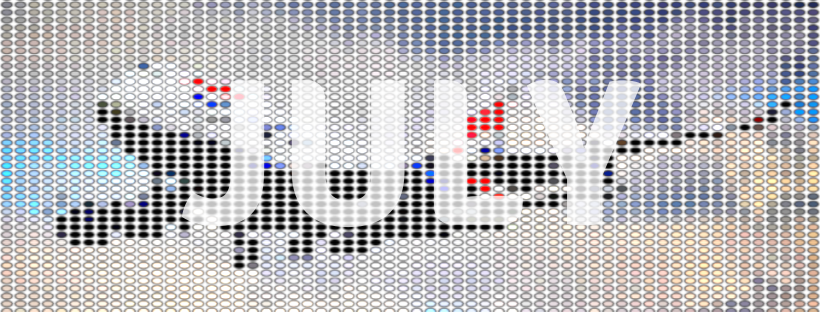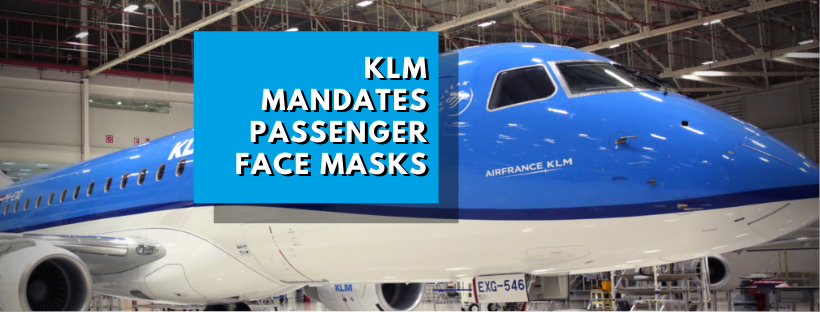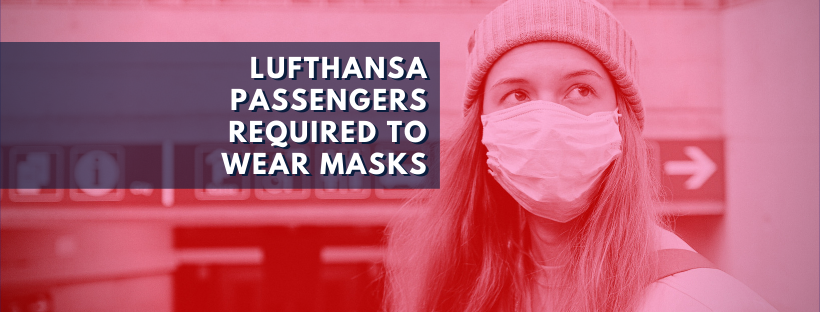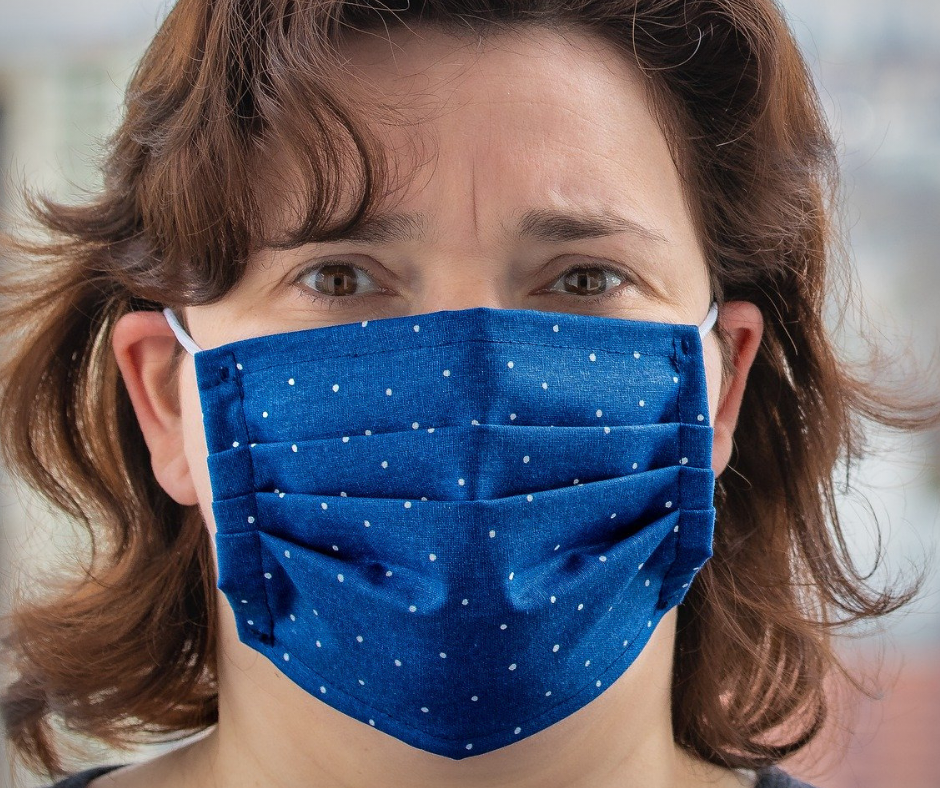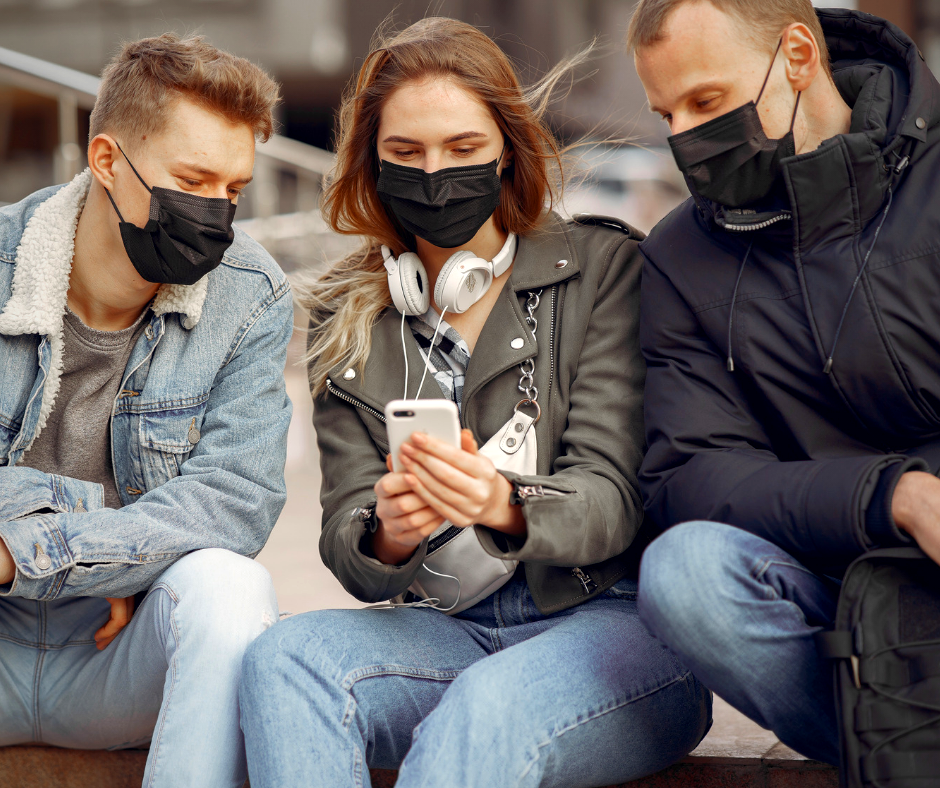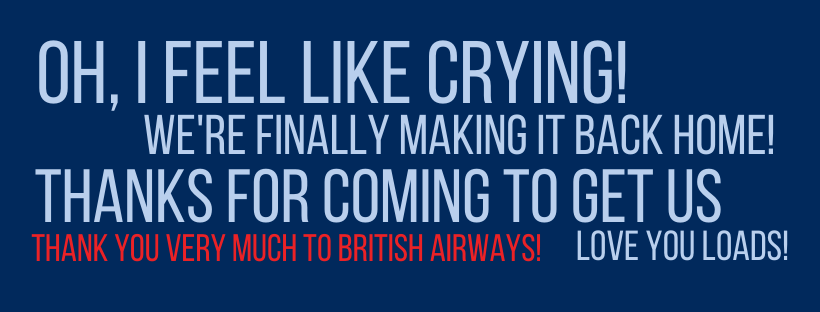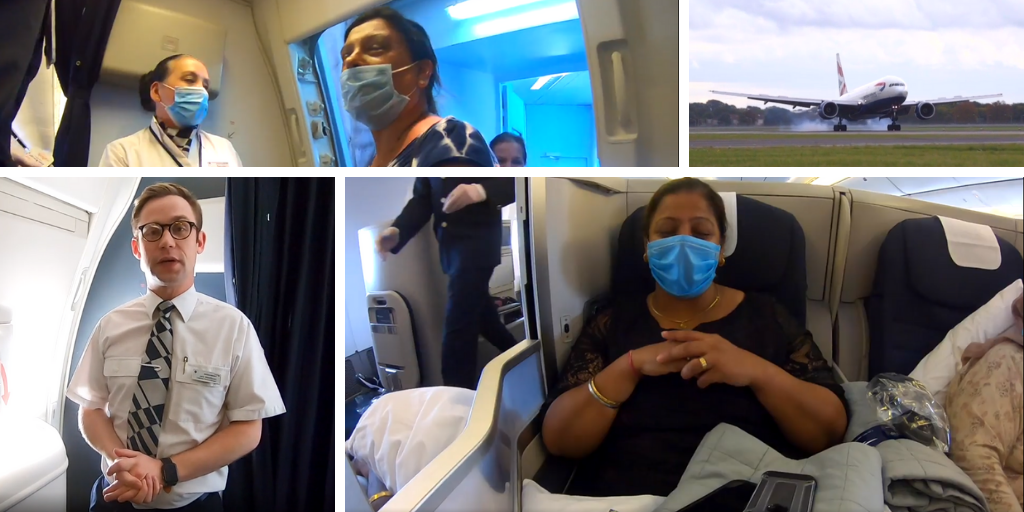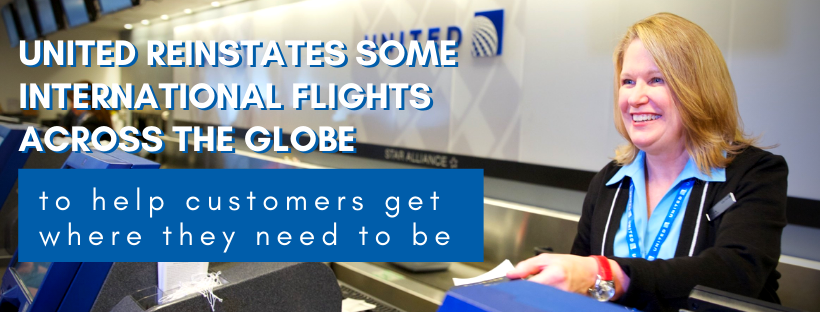Lufthansa Group significantly expands service with June flight schedule
Lufthansa Group airlines have released their June schedule which shows a significant expansion of their services.
Lufthansa, SWISS and Eurowings are adding numerous destinations to their flight schedules in June, as well as more long-haul destinations.
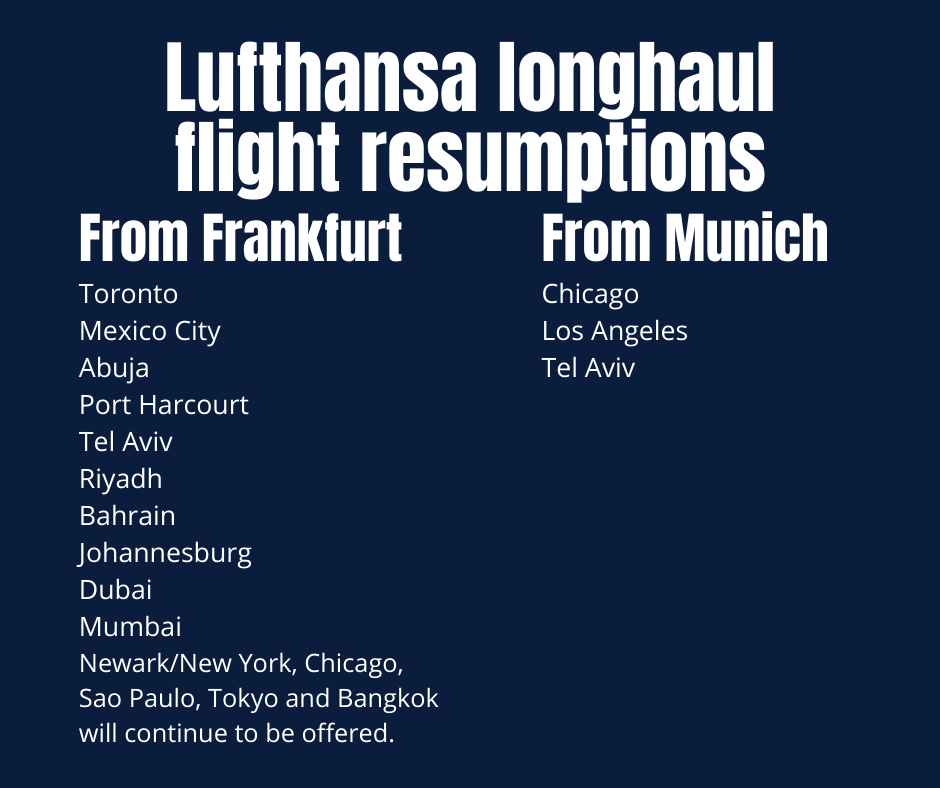
The flight schedules of Lufthansa Group airlines are closely coordinated, enabling reliable connectivity to European and intercontinental destinations.
By the end of June, the Lufthansa Group airlines plan to offer around 1,800 weekly roundtrips to more than 130 destinations worldwide.
Harry Hohmeister, Executive Board Member of German Lufthansa AG said,
With the June flight schedule, we are making an important contribution to the revitalisation of aviation infrastructure. It is an essential part of European economic power. People want to and can travel again, whether on holiday or for business reasons. That’s why we will continue to expand our offer, step by step, in the coming months and connect Europe with the world.
Lufthansa’s additional flights that are resuming in the first half of June, in Germany and Europe, are from Frankfurt, Hanover, Majorca, Sofia, Prague, Billund, Nice, Manchester, Budapest, Dublin, Riga, Krakow, Bucharest and Kiev. From Munich, it is Münster/Osnabrück, Sylt, Rostock, Vienna, Zurich, Brussels and Majorca.
In the first half of June, the flight schedule also includes nineteen long-haul destinations, fourteen more than in May. In total, Lufthansa, SWISS and Eurowings will be offering more than 70 weekly frequencies overseas until mid-June, almost four times as many as in May. Further resumption of Lufthansa long-haul flights is planned for the second half of June.
Austrian Airlines has decided to extend the suspension of regular flight operations for a further week, from 31 May to 7 June. A resumption of service in June is being considered.
SWISS is planning to resume services to various destinations in the Mediterranean region, and other major European centres such as Paris, Brussels and Moscow will also be added to the programme.
In its long-haul operations, SWISS will offer intercontinental direct services in June, in addition to its three weekly services to New York/Newark. The Swiss carrier plans to offer flights from Zurich to New York JFK, Chicago, Singapore, Bangkok, Tokyo, Mumbai, Hong Kong and Johannesburg.
Eurowings had already announced that it would be expanding its basic program at the airports of Düsseldorf, Cologne/Bonn, Hamburg and Stuttgart and gradually adding 15 further destinations within Europe from May onwards. With flights to Spain, Greece, Portugal and Croatia, the focus is on destinations in the Mediterranean region. The island of Mallorca will again be offered from several German Eurowings gateways
Brussels Airlines plans to resume its flight operations with a reduced network offer as from 15 June
Lufthansa Group issued the following advice to passengers,
When planning their trip, customers should consider the current entry and quarantine regulations of the respective destinations. Throughout the entire trip, restrictions may be imposed due to stricter hygiene and security regulations, for example due to longer waiting times at airport security checkpoints. The catering services on board will also remain restricted until further notice. In addition, passengers will continue to be asked to wear a nose-and-mouth cover on board during the entire journey.

